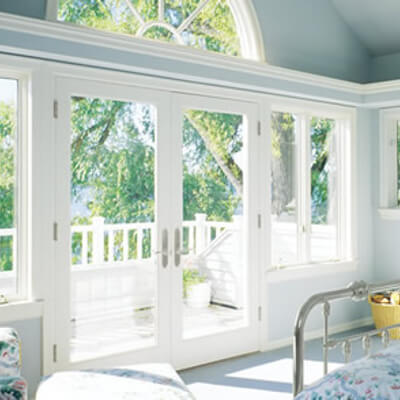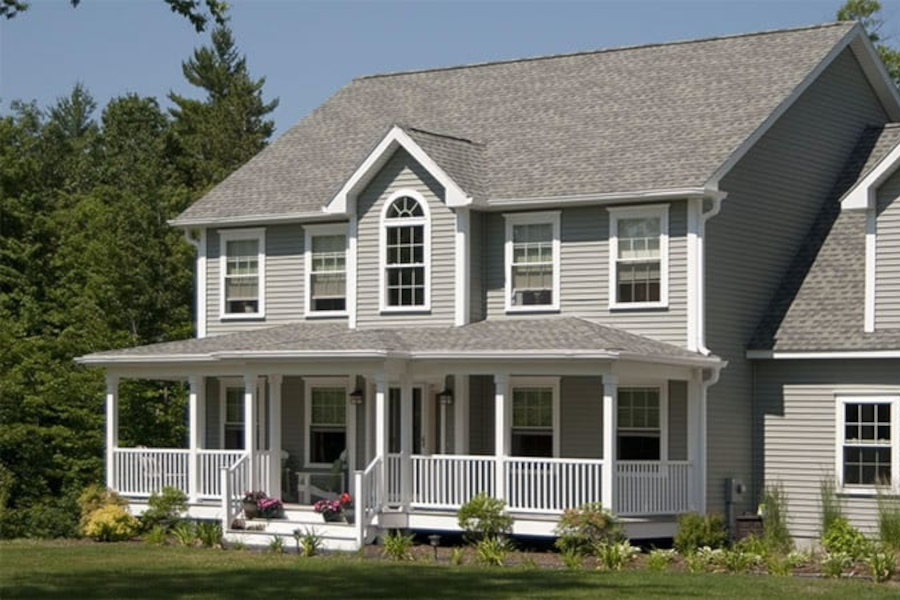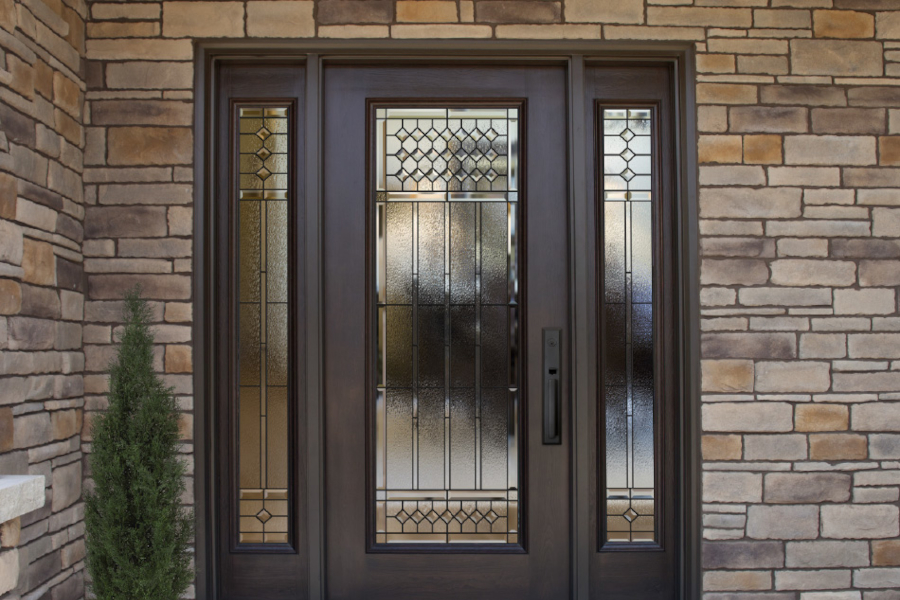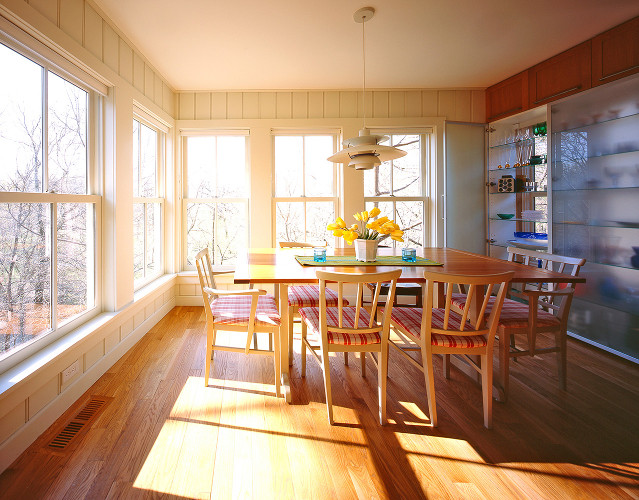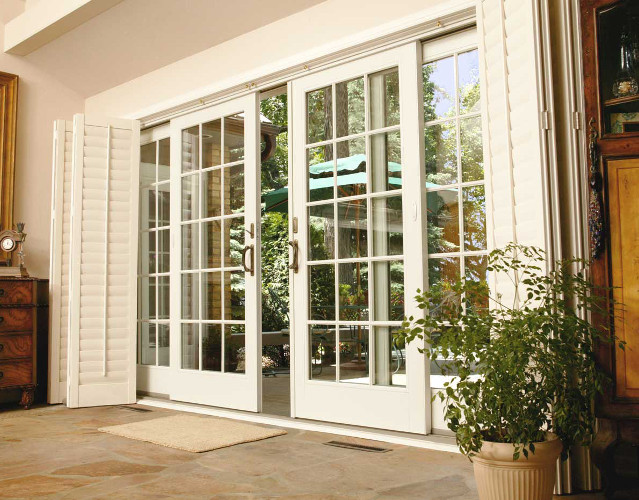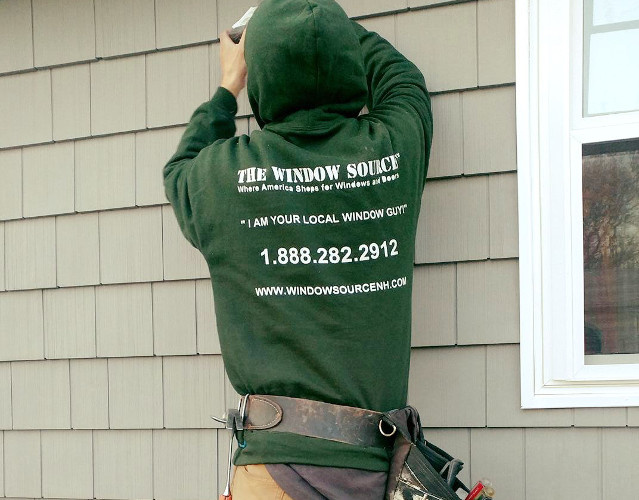
The Window Source 3 Dangers Lurking In Your Basement New Hampshire, Massachusetts, and Maine

Many homeowners are choosing to convert their basements into living areas to take advantage of every bit of space in their home. While this is a great way to get the most out of your basement, specific dangers could cause health risks if not resolved. Even if you don’t plan to use your basement for anything more than storage or utility space, these hazards can spread to others areas of your home and pose a risk to you and your family. Here are 3 basement dangers that you should be aware of.
#1 Poor Ventilation
Have you ever noticed a stale air smell in your basement? If so, then you probably don’t have adequate ventilation in your basement. A lack of ventilation is a problem because stuffy air can trigger respiratory problems and asthma attacks in those vulnerable. Properly ventilating your basement as essential especially if you plan to use it as a bedroom or recreational room. Install plenty of basement hopper windows and make sure that you open them frequently for air even when it is chilly outdoors.
#2 Carbon Monoxide
Gas furnaces are often located in basements. Without proper maintenance and care, they can release carbon monoxide (CO) into the air. Known as the silent killer, this deadly gas is invisible and odorless. Signs of carbon monoxide poisoning include headaches, vomiting, and confusion. It can eventually lead to death. Make sure you have a carbon monoxide detector in the basement, as well as other areas of your home. If your CO detector goes off and no one is experiencing symptoms of carbon monoxide poisoning, open all of the windows for ventilation and leave the house. Call emergency services for help and do not re-enter the home until you are told to do so by emergency personnel.
#3 Mold
Basements can provide a suitable environment for mold to grow due to their dampness. These can trigger respiratory and other health problems, including coughing, sneezing, runny nose, and eyes. It can even cause trouble breathing and chest tightness in those people with allergies or asthma. To reduce the likelihood of mold growth, replace basement windows that are leaky or damaged. Window replacement will help prevent mold growth when windows are damaged. You can also try controlling basement humidity with a dehumidifier.





